Immigration is a powerful force, driven by a relentless pursuit of betterment. While immigrants often arrive with little material wealth, their mindset mirrors that of the affluent: ambitious, resilient, and forward-thinking. This article explores the immigrant experience, focusing on Albanian immigrants in Greece, and extends the narrative to broader global patterns, including Syrians, Afghans, and others seeking improved lives. By examining historical trends, economic data, sociological research, and cultural dynamics, we uncover the hidden truths behind immigration and challenge common misconceptions about its impact.
The Albanian Experience in Greece: A Case Study in Upward Mobility
Historical Context: The Migration Wave of the 1990s
In the 1990s, Albania faced severe economic turmoil following the collapse of its communist regime. Hyperinflation, unemployment, and political instability pushed thousands of Albanians to seek refuge in neighboring Greece. According to a 2001 study by the International Organization for Migration (IOM), over 600,000 Albanians migrated to Greece between 1991 and 2000, often under perilous conditions, crossing mountainous borders on foot. These migrants were not merely fleeing poverty; they were chasing opportunity.
“Migration is not just an act of desperation; it’s an act of hope. Albanians didn’t just leave poverty—they pursued prosperity.”
The Initial Struggle: Menial Labor as a Stepping Stone
Upon arrival, Albanian immigrants primarily took up low-skill jobs—cleaning houses, working in construction, or harvesting crops. A 2005 report by the Hellenic Foundation for European and Foreign Policy noted that 80% of Albanian migrants in Greece were employed in manual labor sectors. This was not a choice but a necessity. Lacking language skills, formal education, or social networks, they filled gaps in the Greek labor market that locals often avoided.
Yet, this menial work was not the end goal. Immigrants viewed these jobs as temporary, a means to establish a foothold. This aligns with economist Thomas Sowell’s concept of “human capital accumulation,” where initial sacrifices in low-wage jobs lead to long-term economic gains. Albanian immigrants exemplified this, saving diligently and investing in their children’s education.
The Second Generation: Breaking the Cycle
By the 2010s, the children of Albanian immigrants were carving out different paths. Data from the Greek Statistical Authority (ELSTAT) in 2018 showed that second-generation Albanians were increasingly entering skilled professions: 15% were in technology-related fields, 20% owned small businesses, and 25% worked in construction as contractors rather than laborers. This shift reflects the “rich person mindset” described by John Tamny—a belief in upward mobility through hard work and education.
Sociologist Maria Kontochristou, in a 2019 study, noted that second-generation Albanians in Greece exhibited higher educational attainment than their parents, with 60% pursuing tertiary education compared to just 10% of the first generation. This leap underscores the intergenerational progress driven by the immigrant mindset.
The Broader Immigrant Narrative: Syrians, Afghans, and Beyond
Modern Migration to Greece: A New Wave
Today, Greece hosts newer waves of immigrants, particularly from Syria and Afghanistan, fleeing conflict and economic collapse. According to UNHCR, over 120,000 refugees arrived in Greece between 2015 and 2020, many taking up roles similar to those of Albanians decades earlier—street vending, agricultural work, or informal services. Like their predecessors, these immigrants face language barriers and legal hurdles but share the same ambition for a better future.
A 2022 report by the Greek Council for Refugees highlighted that Syrian and Afghan immigrants often work in “3D jobs” (dirty, dangerous, demeaning), yet their aspirations mirror those of earlier migrants. Community leaders report that many save earnings to fund vocational training or small enterprises, echoing the Albanian trajectory.
Global Parallels: The Universal Immigrant Mindset
The Greek experience is not unique. In the United States, Mexican immigrants in the 1980s and 1990s followed a similar path, with their children entering professions like healthcare, education, and technology by the 2000s, per a Pew Research Center study. In Germany, Turkish immigrants who arrived as “guest workers” in the 1960s saw their descendants become entrepreneurs and professionals, with 30% of second-generation Turks owning businesses by 2015, according to the German Federal Employment Agency.
These patterns reveal a universal truth: immigration is inherently an economic act, rooted in the pursuit of opportunity. Immigrants are not defined by their initial poverty but by their vision for progress.
Debunking Myths About Immigration
Myth 1: Immigrants Drain Welfare Systems
Critics, citing economist Milton Friedman, argue that open borders are incompatible with welfare states. However, this overlooks key realities. In most countries, including Greece and the U.S., undocumented immigrants are ineligible for public benefits. A 2017 study by the Cato Institute found that immigrants in the U.S. consume fewer welfare benefits per capita than native-born citizens, largely because of legal restrictions and cultural factors.
In poor countries, welfare is virtually nonexistent. As Tamny notes, concepts like unemployment benefits are “rich country notions.” In places like Albania or Syria, survival depends on work, not handouts. Immigrants carry this work-centric ethos to their new homes, viewing migration as a path to self-reliance, not dependency.
“No one endures the brutality of migration for a welfare check. They come to work, to build, to thrive.”
Myth 2: Immigrants Steal Jobs
Another common fear is that immigrants take jobs from low-income natives. Yet, economic research consistently disproves this. A 2016 study by the National Academies of Sciences found that immigration has a negligible impact on native wages and employment, as immigrants often fill labor market gaps. In Greece, Albanians took jobs in sectors like agriculture and construction, which locals increasingly shunned as the economy modernized.
Moreover, immigrants create jobs. A 2020 OECD report noted that immigrant-owned businesses in Greece, including Albanian-run construction firms and Afghan food stalls, employ both immigrants and natives, stimulating local economies. The “rich person mindset” drives immigrants to innovate and invest, not merely compete for existing roles.
Myth 3: Immigrants Fail to Assimilate
The notion that immigrants resist assimilation ignores their intrinsic motivations. Migration is a bold act of self-love, as Tamny suggests—a willingness to risk everything for a better life. This ambition naturally leads to integration. In Greece, second-generation Albanians speak fluent Greek, attend local schools, and adopt cultural norms, per a 2021 study by the University of Athens.
Assimilation is not about erasing identity but adapting to thrive. Economist Amartya Sen argues that identity is multifaceted; immigrants blend their heritage with new cultural elements, enriching their host societies. From Albanian restaurants in Athens to Syrian cultural festivals, immigrants contribute to a vibrant, dynamic Greece.
The Economic and Philosophical Foundations of Immigration
Adam Smith and the Wealth of Nations
Adam Smith’s observation that prosperity correlates with population inflows remains relevant. In his 1776 work, The Wealth of Nations, Smith argued that migration fuels economic growth by expanding the labor force and fostering innovation. Modern data supports this: a 2018 World Bank study found that a 1% increase in a country’s immigrant population boosts GDP by 0.5% over five years, driven by increased productivity and consumption.
In Greece, Albanian immigrants revitalized rural areas, sustaining agriculture and construction during the 1990s economic boom. Today, Syrian and Afghan immigrants are filling similar roles, ensuring economic resilience despite Greece’s aging population.
The Psychology of the Immigrant Mindset
Psychologically, immigrants exhibit traits associated with high achievers: resilience, optimism, and a growth mindset. A 2019 study in Journal of Personality and Social Psychology found that immigrants score higher on “hope scales” than native-born populations, reflecting their belief in future success. This mindset drives them to endure hardships—smuggler fees, border crossings, discrimination—in pursuit of long-term gains.
The “rich person mindset” is not about wealth but vision. Immigrants like Albanians in Greece or Mexicans in the U.S. see poverty as a temporary state, not a defining trait. This aligns with psychologist Carol Dweck’s theory of growth mindset, where challenges are viewed as opportunities for growth, not insurmountable barriers.
Hidden Truths and Societal Impacts
The Ripple Effect: How Immigrants Transform Communities
Immigrants don’t just integrate—they innovate. In Greece, Albanian entrepreneurs have introduced new construction techniques, while Syrian refugees have popularized Middle Eastern cuisine, diversifying local markets. A 2023 study by the Athens Chamber of Commerce found that immigrant-owned businesses contribute €2 billion annually to Greece’s economy, creating jobs and fostering cultural exchange.
Beyond economics, immigrants reshape social norms. Their work ethic and ambition challenge stereotypes, inspiring natives to rethink assumptions about poverty and opportunity. In rural Greek villages, Albanian families have integrated into community life, participating in local festivals and civic organizations, per a 2022 ethnographic study by the University of Thessaloniki.
The Long-Term Vision: Intergenerational Progress
The true impact of immigration unfolds over generations. While first-generation immigrants often toil in obscurity, their children reap the rewards. In the U.S., the children of Latino immigrants have a median income 50% higher than their parents, per a 2020 Pew Research Center report. In Greece, second-generation Albanians are not only economically mobile but also politically active, with some running for local office, according to a 2024 Greek news report.
This intergenerational progress challenges short-sighted immigration policies. Restricting entry denies host countries the long-term benefits of a motivated, dynamic population.
Addressing Counterarguments and Policy Implications
Balancing Openness with Stability
While immigration drives growth, critics argue it strains public resources. Greece’s 2009 debt crisis, for instance, fueled anti-immigrant sentiment, with some blaming migrants for unemployment. Yet, a 2015 IMF study found that immigrants contributed more in taxes than they consumed in services, even during economic downturns.
Policies must balance openness with integration support. Language programs, vocational training, and legal pathways to residency can accelerate immigrant contributions. Germany’s “integration courses” for refugees, which combine language and job training, have reduced unemployment among newcomers by 20%, per a 2021 Bundeswehr University study. Greece could adopt similar models to maximize immigrant potential.
The Moral Case for Immigration
Beyond economics, immigration is a moral issue. Denying entry to those fleeing poverty or violence contradicts humanistic values. Philosopher Peter Singer argues that global inequality demands open borders, as migration is a rational response to disparate opportunities. By welcoming immigrants, countries like Greece honor their own histories—many Greeks migrated to the U.S. and Australia in the 20th century, seeking the same opportunities Albanians and Syrians now pursue.
Conclusion: Embracing the Immigrant Mindset
The story of Albanian immigrants in Greece, and the newer waves of Syrians and Afghans, reveals a profound truth: immigration is not about poverty but possibility. Immigrants arrive with little but carry a “rich person mindset”—a vision of progress that transforms their lives and their host societies. By debunking myths, embracing economic realities, and fostering integrationSyrians and Afghans, and acknowledging the moral imperative of open borders, countries like Greece and the U.S. can harness the full potential of immigration. As Adam Smith understood, the movement of people is the movement of prosperity. To reject immigration is to reject progress itself.



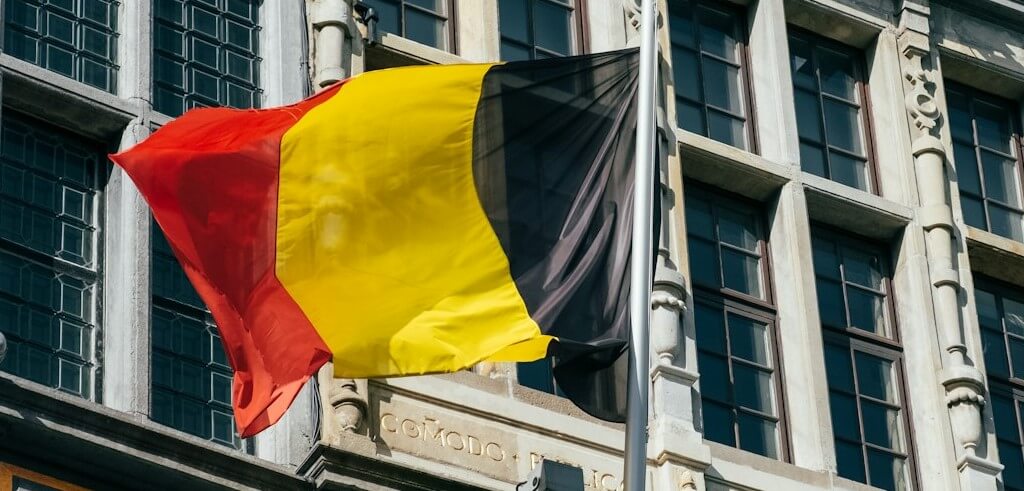







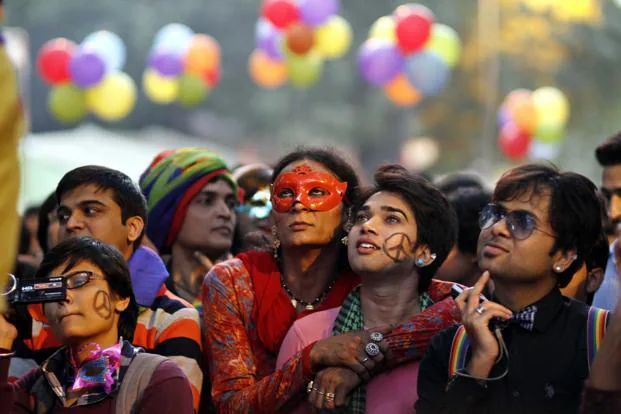
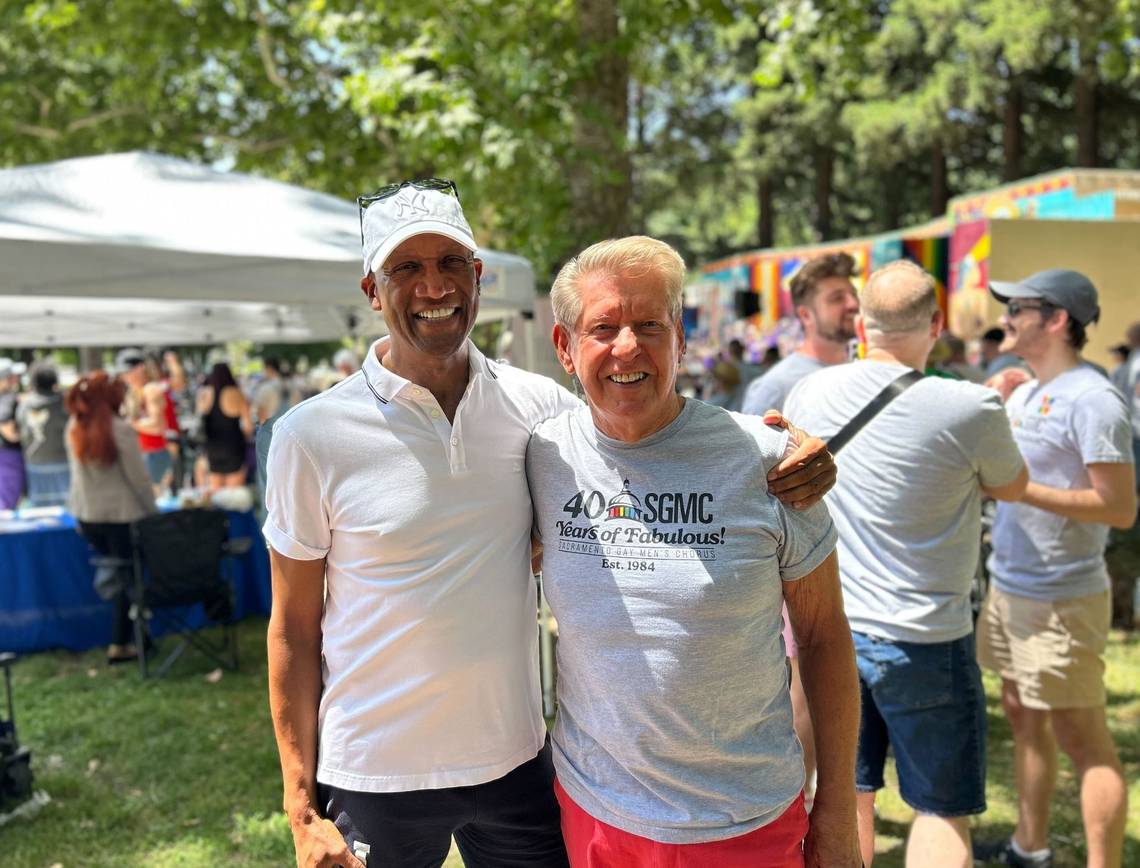


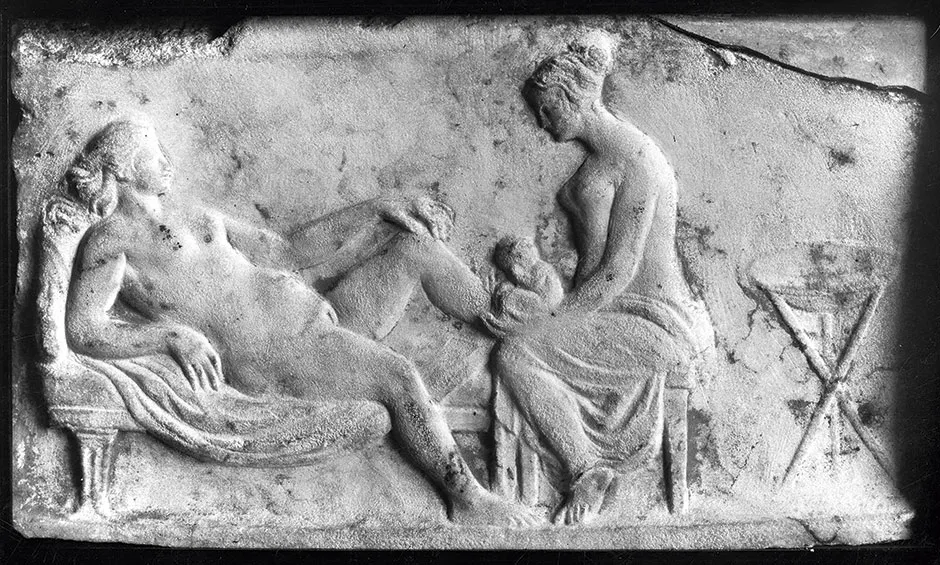





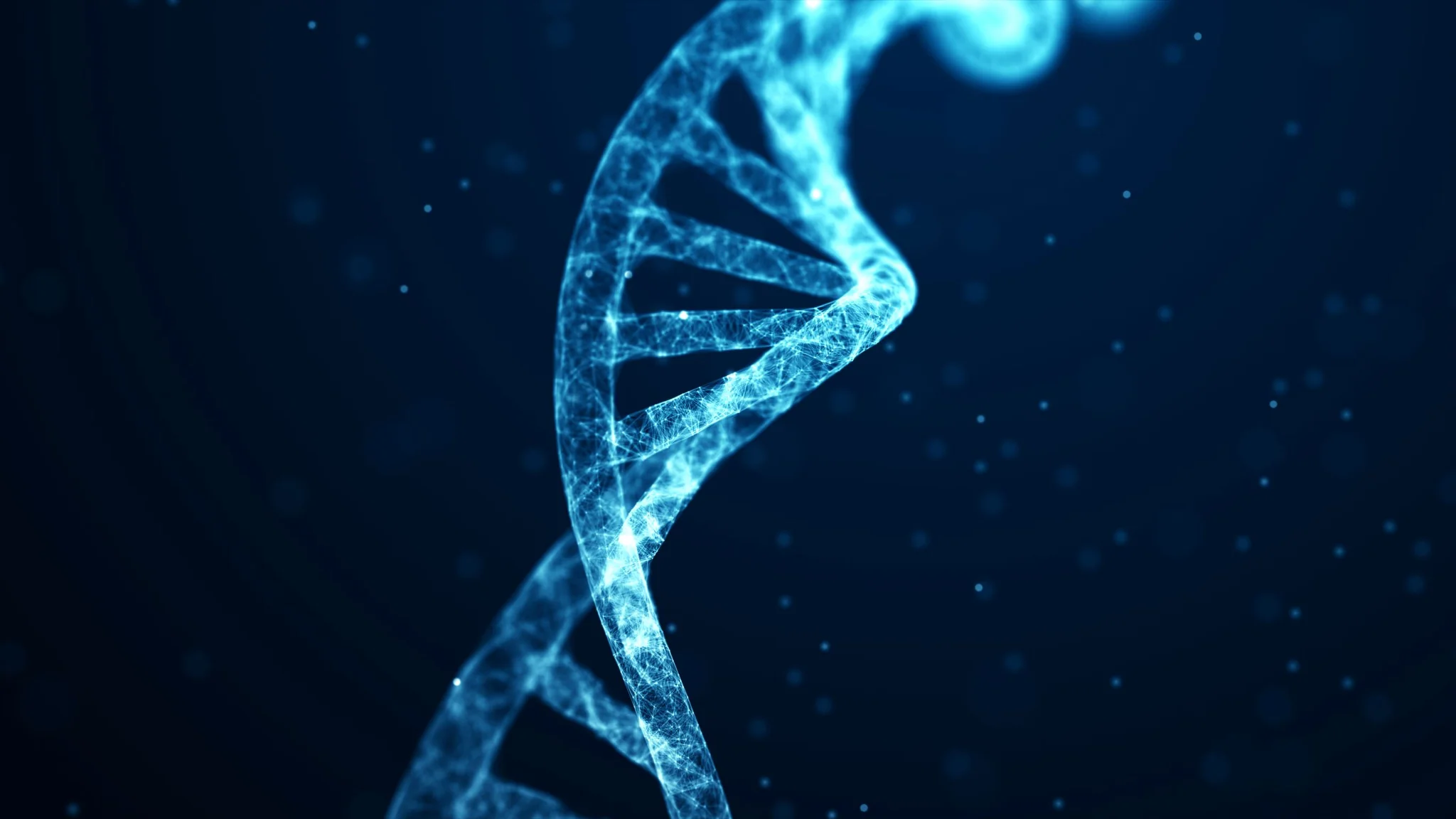


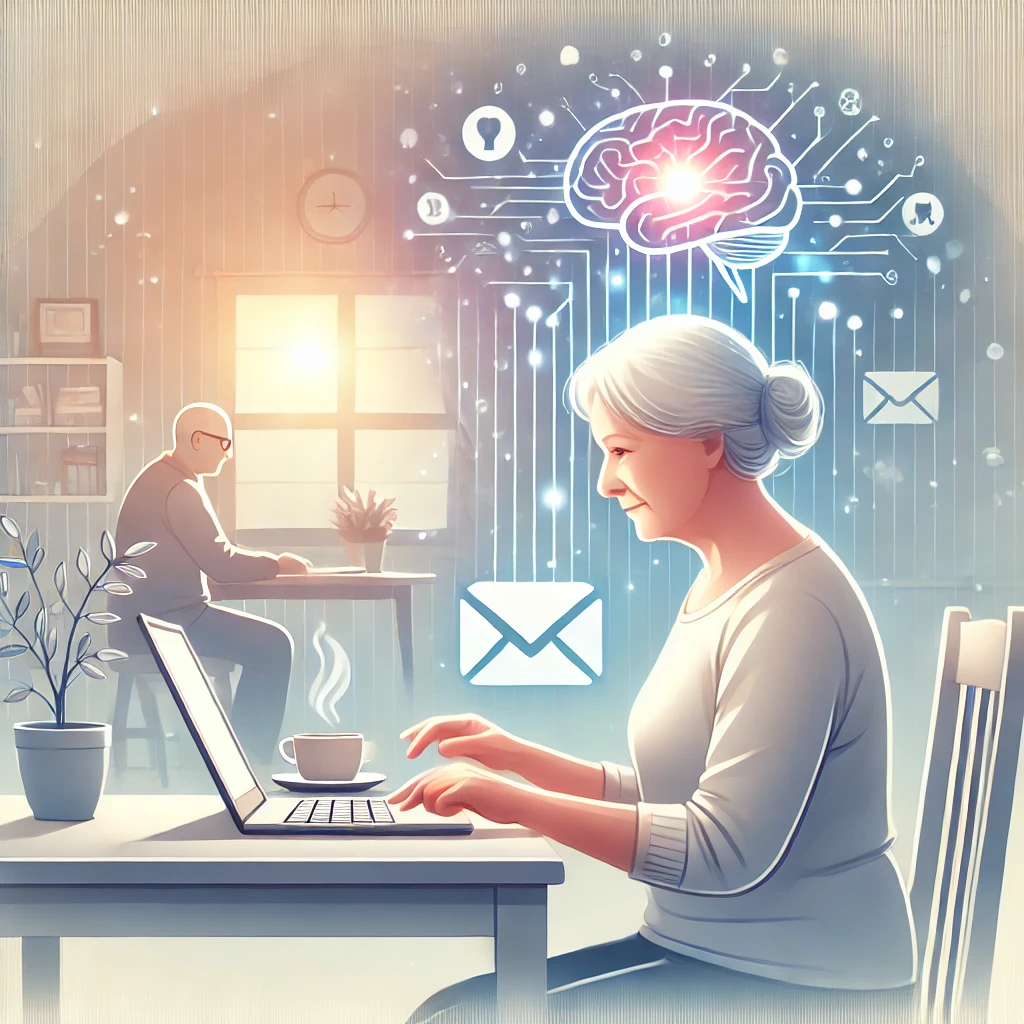

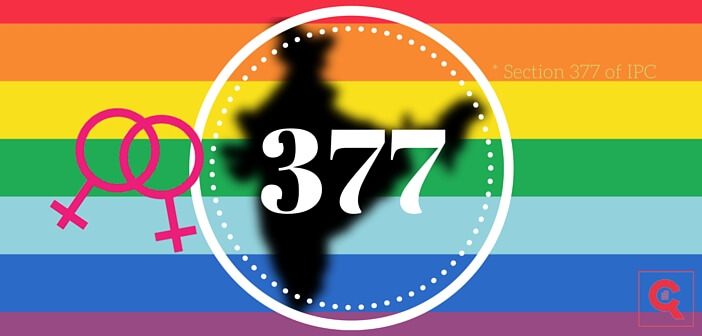
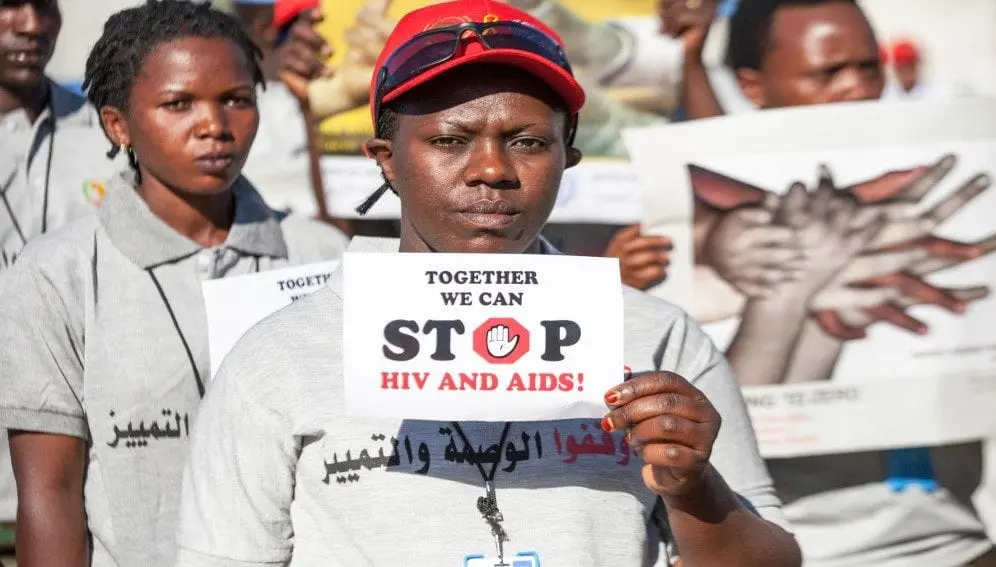


0 Comments